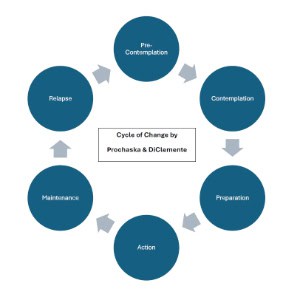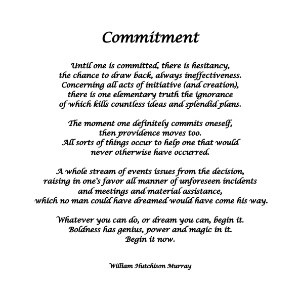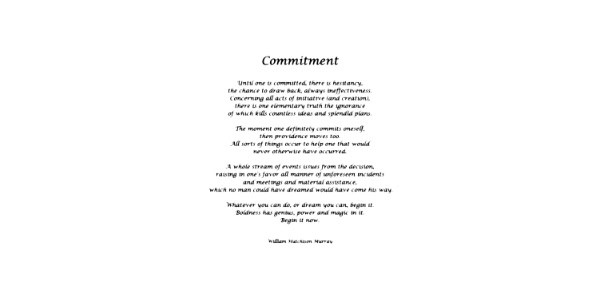The Cycle of Change (WT778)
BlogAre you thinking about changing something or are you wanting prospective clients to purchase a product of service?
If so, you might be interested to know a little bit about the process we go through when we want to change something in our lives.
In the late 1970s, James Prochaska, a psychologist interested in psychotherapy outcomes, noticed a disconnect in treatment approaches—particularly around behaviour change (e.g., quitting smoking, substance use). Traditional models assumed that people were ready to change, and that all they needed was the right intervention.
But many clients weren’t ready, and even effective therapies failed if used at the wrong time. So Prochaska posed a deeper question:
“What actually happens when people change on their own, without therapy?”
He & DiClemente discovered that people don’t change all at once—they go through a predictable, cyclical process of readiness. And importantly, each stage of change requires different support and messaging.
By studying how people prepare for and attempt change (especially self-changers), they mapped out a non-linear, six-stage process:
- Precontemplation – No intention to change
- Contemplation – Considering change
- Preparation – Planning to act soon
- Action – Actively making change
- Maintenance – Sustaining change
- (Later added) Termination – Complete transformation (for some behaviours)
They published this in their 1983 paper, integrating insights from clinical psychology, behavioural science, and public health, hence it was known as The Transtheoretical Model. (Cycle or Stages of Change is much easier.)
Knowing this can help you identify where you’re at with your own readiness to change as well as where your prospective clients might be. It’s also useful for Organisational Change, Coaching and Personal Development and Education and Public Policy because it helps us meet people where they are, not where we assume they should be.
Obviously someone who is at the first stage, “Pre-Contemplation” is not going to rush to buy your service, so they need education and awareness.
Someone who is contemplating change needs to be informed. You could share stories or data or case studies.
When someone is getting ready, they want you to be available, responsive and solution-oriented.
If they’re ready to buy, it’s time to ask for their commitment.
Next maintain the change through an ongoing relationship – follow up, upsell and support their success.
And if they happen to relapse, they may be experiencing doubt, so reconnect and re-engage to rebuild trust.
You can think of your marketing as meeting prospects where they are, not where you want them to be. A pushy sales pitch in the Pre-Contemplation stage won’t work, whereas a warm, helpful message in Contemplation can help move them forward.
Marketing Mentor, Cham Tang, says, “Marketing is developing relationships with people until they are ready to buy”.
Even if you’re not in sales, think about yourself and your team. In relation to change of any kind, where are you at? Reply and let me know.
P.S. Invite your friends to get the Weekly Thought delivered directly to their inbox.











